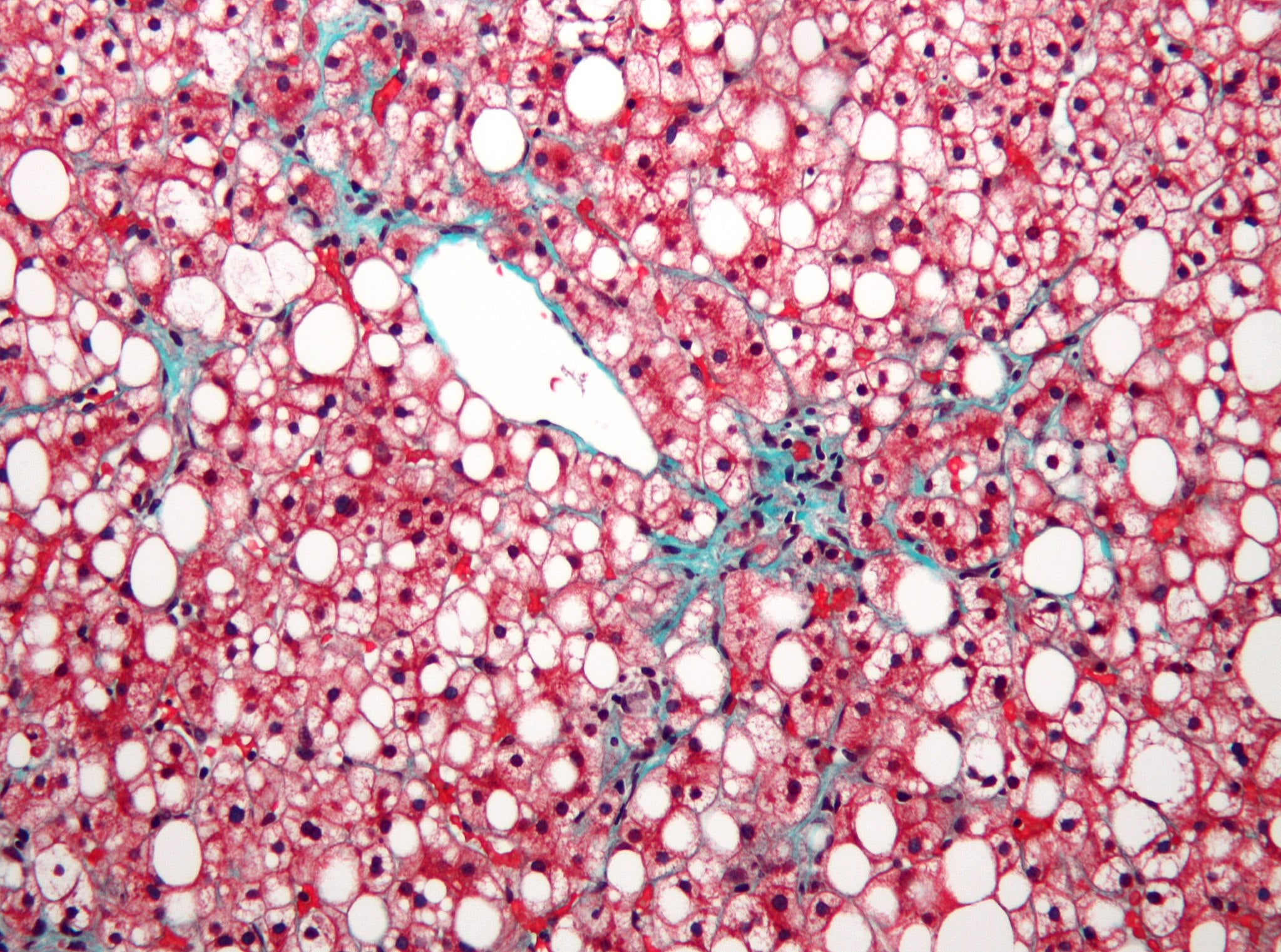
London-headquartered Engitix is partnering with pharma giant Takeda to discover and develop novel therapies for advanced fibrotic liver diseases, including non-alcoholic steatohepatitis (NASH).
The pair will leverage Engitix’s proprietary extracellular matrix (ECM) discovery platform to identify and validate liver fibrosis targets. Engitix CEO and co-founder Dr Giuseppe Mazza describes the deal as a “tremendous opportunity to accelerate the translation of novel ECM-derived targets into potential therapeutics for humans and it provides a significant validation of Engitix’s ECM platform”.

Discover B2B Marketing That Performs
Combine business intelligence and editorial excellence to reach engaged professionals across 36 leading media platforms.
According to the terms of the agreement, Takeda will have exclusive rights to develop and commercialise any clinical candidates produced as a result of the partnership. In return, Engitix will be eligible for an undisclosed upfront payment, near-term payments linked with the confirmation of targets, and up to $500m in milestone payments.
Mazza notes Engitix will use the upfront payment to “expand our team and to advance our internal programs”. The company has three products in the discovery phase of its pipeline for fibrosis – they are indicated for NASH, inflammatory bowel disease and primary sclerosing cholangitis – as well as two for solid tumours, pancreatic ductal adenocarcinoma and hepatocellular carcinoma. These all made use of the company’s ECM technology.
More accurate in vitro modelling
Founded in 2016 to commercialise research from University College London (UCL), Engitix’s ECM-based discovery platform is the first of its kind in the world. It uses human ECM from healthy and diseased tissues to “generate cellular models with bioactive ECM, which more closely resemble the natural cell microenvironment, and to deconvolute the bioactive clues associated to diseased ECM”, explains Mazza.
“So far other researchers have focused their attention on the cellular components in human diseases, and this would have limited the possibility to capture the full complexity of human tissues.”

US Tariffs are shifting - will you react or anticipate?
Don’t let policy changes catch you off guard. Stay proactive with real-time data and expert analysis.
By GlobalDataIncorporating tissue and disease-specific human ECM creates “more physiologically relevant in vitro models”, Mazza notes. This approach also enhances “the ability of researchers to identify new targets and biomarkers, determine modes of action, and more accurately predict the efficacy of therapeutic candidates”, thereby helping to both accelerate drug discovery and reduce the chance of expensive, late-stage clinical trial failures.
Overcoming unmet needs in fibrotic liver diseases
“Engitix’s ECM platform offers a powerful tool for identifying and validating novel targets that will be valuable in the development of direct anti-fibrotic therapies,” said Takeda’s head of gastrointestinal drug discovery Dr Gareth Hicks in a statement.
“There is a vital need for new treatments that will positively impact the lives of patients with advanced liver diseases.”
These patients currently have no approved medicines for these conditions, which Mazza attributes to “a failure to capture the full complexity of the disease”. He argues that as “advanced liver diseases impact both cells and the ECM, and the cell-ECM interaction is bidirectional”, “both should be taken into account in order to better understand disease progression, identify new and/or more relevant targets as well as for target validation”.
This is precisely what Engitix’s partnership with Takeda aims to achieve by bringing the bioactive ECM to the core of target discovery for this disease area, with the aim of discovering first-in-class anti-fibrotic therapies.
This latest agreement with Takeda is a continuation and formalisation of work carried out as part of a preliminary collaboration between Engitix and Takeda last year, explains Mazza. In addition, Engitix was separately supported by Takeda in 2019 through its Golden Ticket programme, which provides the British biotech one year of lab space at Takeda’s LabCentral in Cambridge, Massachusetts. This was the first step to Engitix building its presence in the US – it now brands itself as a transatlantic company.



